Why the Sainsbury’s-Asda merger has been blocked
Competition authority says its concerns cannot be addressed
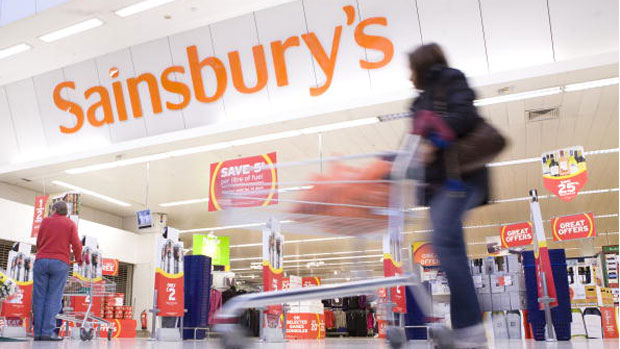
A free daily email with the biggest news stories of the day – and the best features from TheWeek.com
You are now subscribed
Your newsletter sign-up was successful
Sainsbury’s hopes of taking over Asda have been dashed by the competition watchdog.
The two retail giants announced plans for a £13bn tie-up last April, but the Competition and Markets Authority (CMA) has blocked the deal - prompting Sainsbury’s shares to sink to the bottom of the FTSE 100 leaderboard today.
So what went wrong?
The Week
Escape your echo chamber. Get the facts behind the news, plus analysis from multiple perspectives.

Sign up for The Week's Free Newsletters
From our morning news briefing to a weekly Good News Newsletter, get the best of The Week delivered directly to your inbox.
From our morning news briefing to a weekly Good News Newsletter, get the best of The Week delivered directly to your inbox.
Why did the supermarkets want to join forces?
A merger of Sainsbury’s and Asda, the UK’s second- and third-largest supermarket chains, would have created “a grocery powerhouse overtaking Tesco as the No. 1 player in the sector”, according to Sky News. And that would have put the duo in a much stronger position to compete with German discounters Aldi and Lidl, as well as online rivals including Amazon.
The two companies estimated that the merger would generate about £500m per year in savings, and claimed it would also lower some prices for consumers as a result of better deals with suppliers.
Under the plan, Asda’s parent company, Walmart, would have transferred all Asda shares to Sainsbury’s in return for cash and a stake in the merged company. The two supermarkets would have continued to operate as separate brands, but within a new group with the largest share of the grocery market, at an estimated 31.4%.
A free daily email with the biggest news stories of the day – and the best features from TheWeek.com
Why has the plan faltered?
An initial investigation by the CMA, released in February, found that the merger could push up prices and reduce quality in store and online. The watchdog identified 629 areas where there could be a substantial reduction in competition in supermarkets, and a further 290 online.
The two grocery chain giants were given time to respond to these points but in its newly published final report, the CMA reports: “We have concluded that there is no effective way of addressing our concerns, other than to block the merger.”
The watchdog said it had “carefully reviewed” the supermarkets’ pledge to cut some prices. “However, detailed analysis of the impact of the deal clearly showed that, overall, the merger would reduce competition in the market and is more likely to lead to price rises than price cuts,” it added.
What happens next?
Sainsbury’s share price slid by more than 6% following the announcement of the decision to bring the “game-changing” merger to a “screeching halt”, said Connor Campbell of City firm SpreadEx.
“It also leaves the supermarket barely hovering above £2.10, and means next week’s full year results are going to make for interesting reading,” he told The Guardian.
The two supermarkets said they had “mutually agreed to terminate the transaction” and accused the CMA of “effectively taking £1bn out of customers’ pockets”. Both retailers said they would continue to focus on quality, service and value.
Mike Coupe, chief executive of Sainsbury’s, said: “The specific reason for wanting to merge was to lower prices for customers. The CMA’s conclusion that we would increase prices post-merger ignores the dynamic and highly competitive nature of the UK grocery market.”
However, Neil Wilson, chief market analyst at Markets.com, told ITV News that the merger had never looked likely to pass the CMA’s tests and that “this could well be the time for Coupe to exit”.
-
 Local elections 2026: where are they and who is expected to win?
Local elections 2026: where are they and who is expected to win?The Explainer Labour is braced for heavy losses and U-turn on postponing some council elections hasn’t helped the party’s prospects
-
 6 of the world’s most accessible destinations
6 of the world’s most accessible destinationsThe Week Recommends Experience all of Berlin, Singapore and Sydney
-
 How the FCC’s ‘equal time’ rule works
How the FCC’s ‘equal time’ rule worksIn the Spotlight The law is at the heart of the Colbert-CBS conflict
-
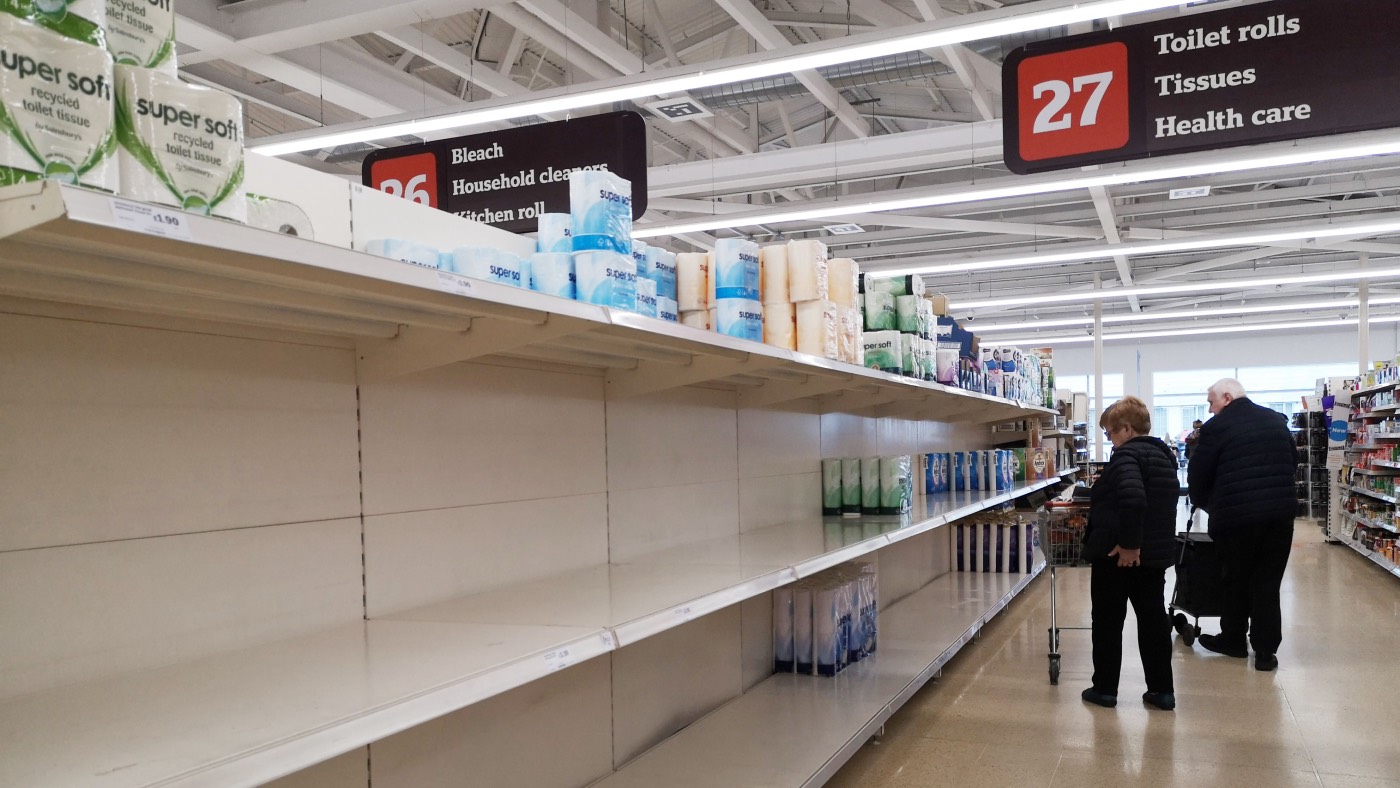 Coronavirus: supermarkets start rationing to combat panic buying
Coronavirus: supermarkets start rationing to combat panic buyingSpeed Read Stockpiling has led to empty shelves at some UK supermarkets - but shortages may be short-lived
-
 Why Sainsbury’s chief Mike Coupe is stepping down
Why Sainsbury’s chief Mike Coupe is stepping downIn Depth The executive aggressively cut costs to compete with Aldi and Lidl, but failed to acquire Asda
-
 Should supermarkets stop selling fireworks?
Should supermarkets stop selling fireworks?Speed Read Sainsbury’s bans the bangers from all of its stores in response to fears for pets
-
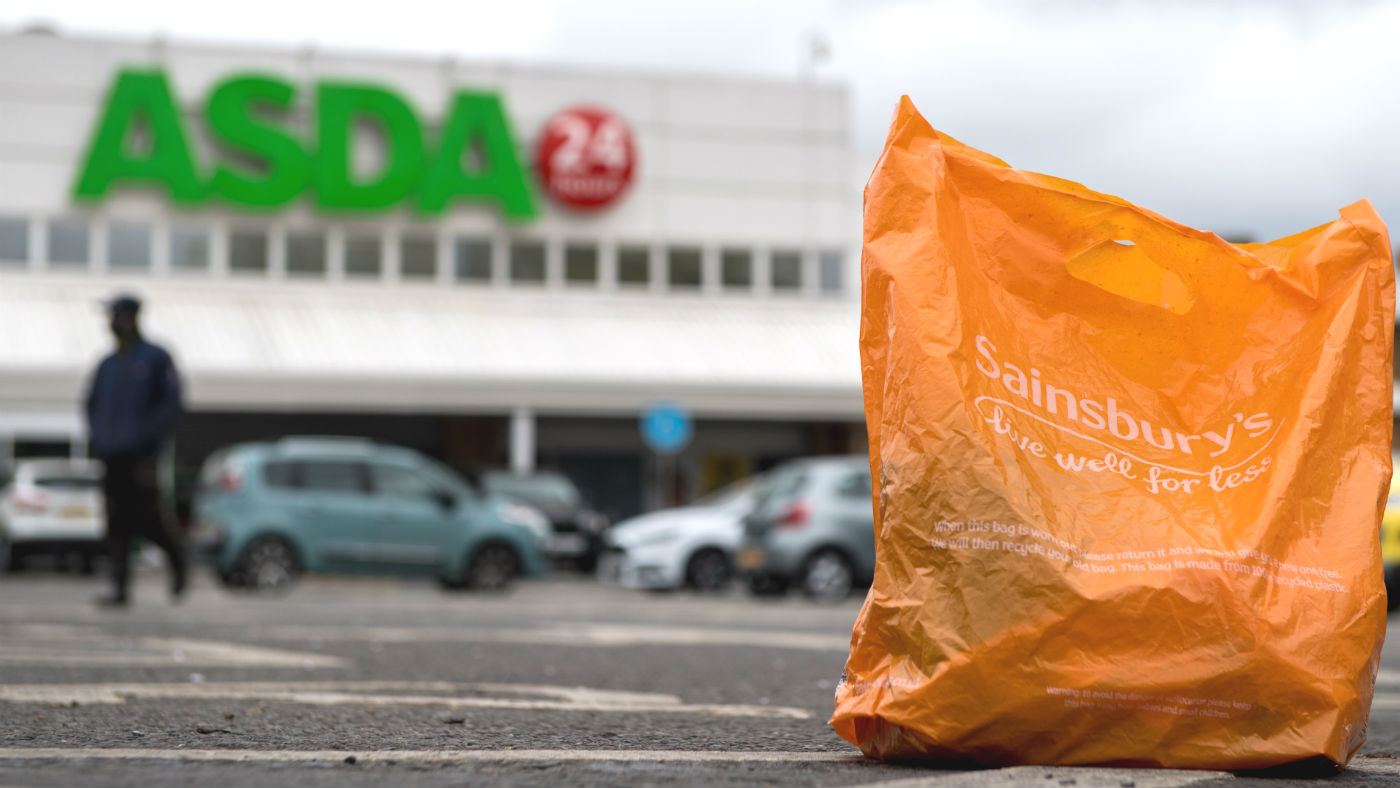 Asda-Sainsbury’s merger ‘should face competition probe’
Asda-Sainsbury’s merger ‘should face competition probe’Speed Read Opposition politicians fear thousands of workers could be laid off with customers left worse off
-
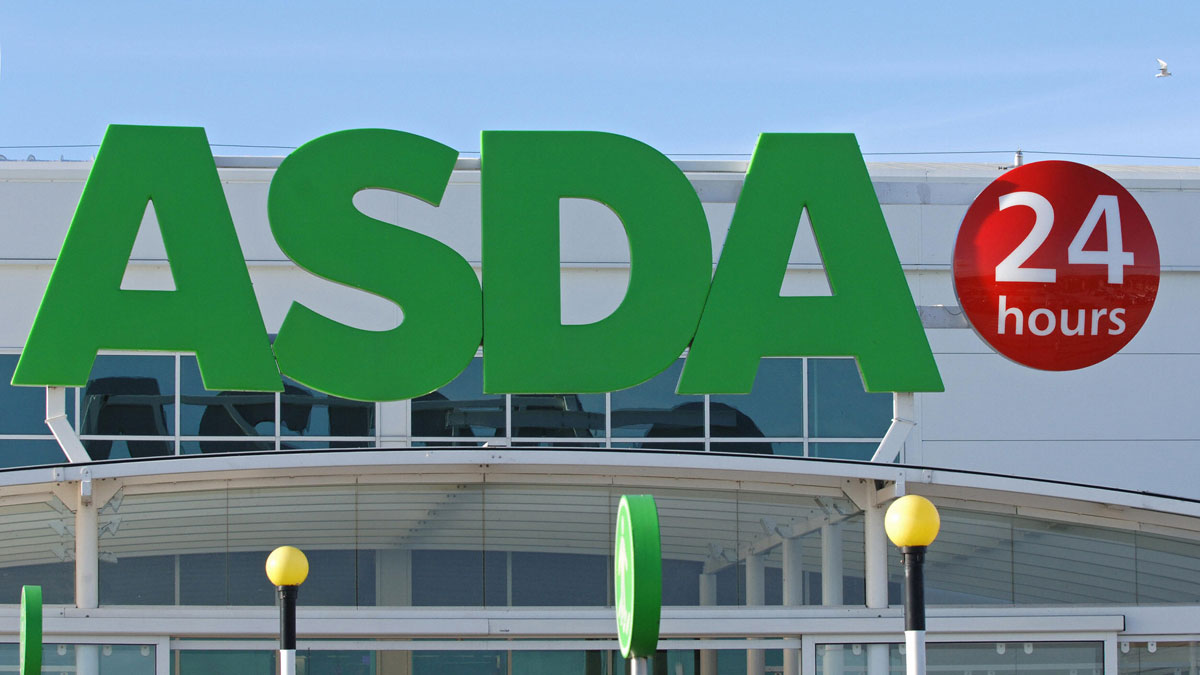 Asda to sell plant that Nasa believes could stop snoring
Asda to sell plant that Nasa believes could stop snoringSpeed Read Scientists say the pineapple plant improves air quality throughout the night
-
 Poundland's Toblerone war: What are the best own-brand products?
Poundland's Toblerone war: What are the best own-brand products?In Depth Even better than the real thing? Here are six store products to put in your trolley
-
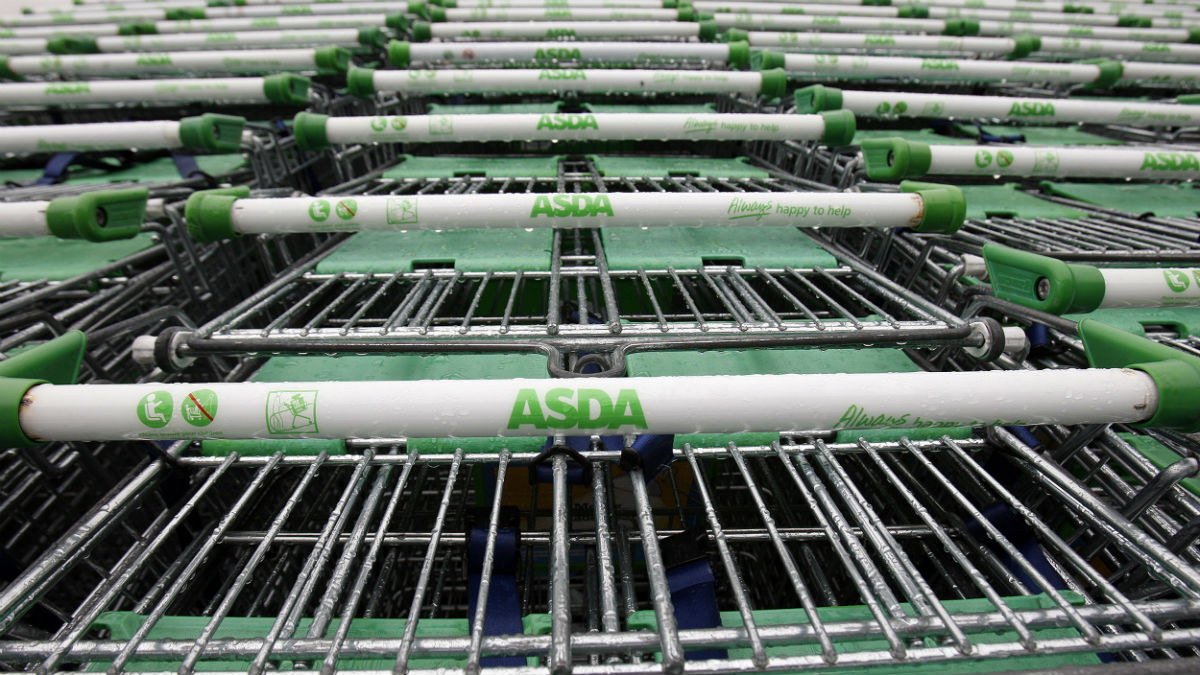 New deal: How supermarket offers are changing
New deal: How supermarket offers are changingIn Depth Most big supermarket chains have changed the way they try to lure buyers. Now Asda is being forced to follow suit
-
 'Austerity fatigue' pushes shoppers to seek 'affordable luxury'
'Austerity fatigue' pushes shoppers to seek 'affordable luxury'Speed Read Luxury firms such as Fortnum & Mason surged while the likes of Poundland flopped over the festive period